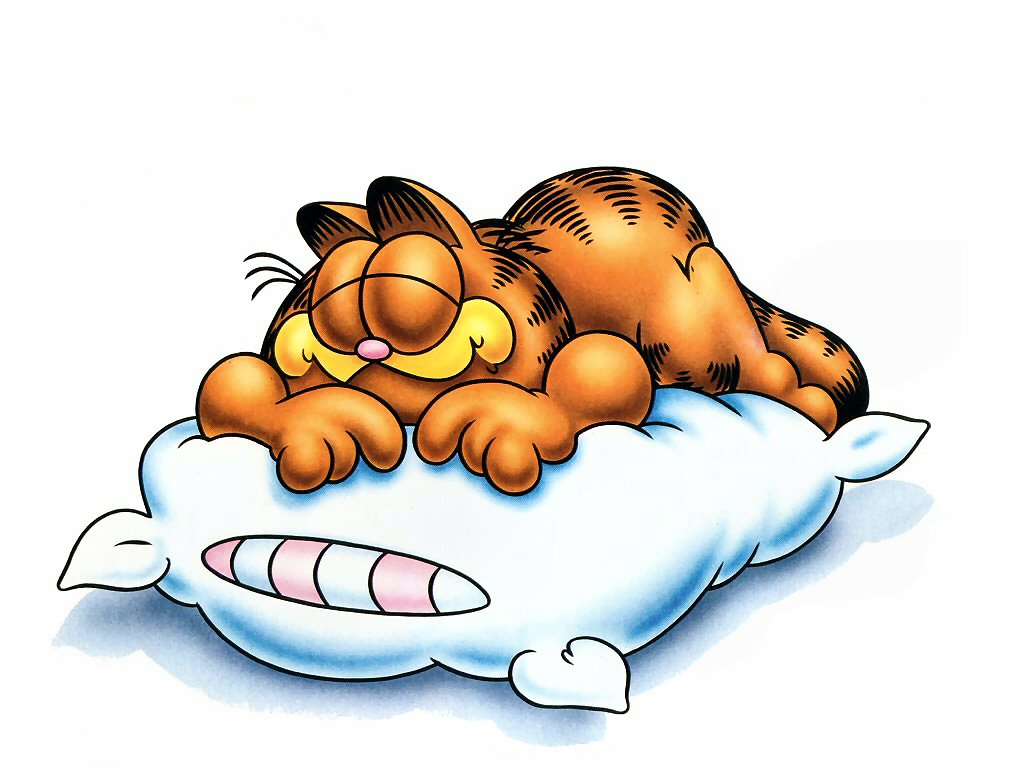- Sugar loads appear to affect sleep patterns.
- Association of less sleep with type II diabetes.
- Attention and working memory are altered by reduced sleep.
- Healing of tissue is in the deep sleep cycles.
IDEAS
Anecdotally, Fructose avoidance leads to deeper sleep and general well being.
Inadvertent intake of sugar loads lead to vivid dreams. (Personal experience)
Inflammation
The consumption of Sugar and Polyunsaturated Seed Oils combine in our diet to create inflammation in every blood vessel wall and in every tissue in every organ of the body. The inflammatory process makes everything susceptible to damage and disease.
There is nothing to lose from reducing the sugar and processed food intake in the diet for a few months and seeing what happens.
The NoFructose Handout Starter Sheet is your take away summary of this web site. Read it at the NoFructose Starter Sheet area of this web site or download it.
MORE INFORMATION
Mental illnesses including psychosis and bi-polar disorder associated with reduced sleep cycle.
Deep sleep cycles associated with reparative healing.
High glycaemic meals less than four hours before sleep alters sleep patterns. Deep sleep cycles and REM sleep areas are associated with soft tissue repair.
The NoFructose Handout Starter Sheet is your take away summary of this web site. Read it at the NoFructose Starter Sheet area of this web site or download it.
Please add information by going to Contribute to NoFructose.com
ARTICLES
Sleep curtailment is accompanied by increased intake of calories from snacks.
BACKGROUND: Short sleep is associated with obesity and may alter the endocrine regulation of hunger and appetite.
CONCLUSIONS: Recurrent bedtime restriction can modify the amount, composition, and distribution of human food intake, and sleeping short hours in an obesity-promoting environment may facilitate the excessive consumption of energy from snacks but not meals
_________________________________________
The role of sleep duration in the regulation of energy balance: effects on energy intakes and expenditure.
Abstract
Short sleep duration and obesity are common occurrence in today’s society. An extensive literature from cross-sectional and longitudinal epidemiological studies shows a relationship between short sleep and prevalence of obesity and weight gain. However, causality cannot be inferred from such studies. Clinical intervention studies have examined whether reducing sleep in normal sleepers, typically sleeping 7-9 h/night, can affect energy intake, energy expenditure, and endocrine regulators of energy balance. The aim of this review is to evaluate studies that have assessed food intake, energy expenditure, and leptin and ghrelin levels after periods of restricted and normal sleep. Most studies support the notion that restricting sleep increases food intake, but the effects on energy expenditure are mixed. Differences in methodology and component of energy expenditure analyzed may account for the discrepancies. Studies examining the effects of sleep on leptin and ghrelin have provided conflicting results with increased, reduced, or unchanged leptin and ghrelin levels after restricted sleep compared to normal sleep. Energy balance of study participants and potential sex differences may account for the varied results. Studies should strive for constant energy balance and feeding schedules when assessing the role of sleep on hormonal profile. Although studies suggest that restricting sleep may lead to weight gain via increased food intake, research is needed to examine the impact on energy expenditure and endocrine controls. Also, studies have been of short duration, and there is little knowledge on the reverse question: does increasing sleep duration in short sleepers lead to negative energy balance?
__________________
Changes in children’s sleep duration on food intake, weight, and leptin.
OBJECTIVE:
To examine the effect of experimental changes in children’s sleep duration on self-reported food intake, food reinforcement, appetite-regulating hormones, and measured weight.
METHODS:
Using a within-subjects, counterbalanced, crossover design, 37 children, 8 to 11 years of age (27% overweight/obese) completed a 3-week study. Children slept their typical amount at home for 1 week and were then randomized to either increase or decrease their time in bed by 1.5 hours per night for 1 week, completing the alternate schedule on the third week. Primary outcomes were dietary intake as assessed by 24-hour dietary recalls, food reinforcement (ie, points earned for a food reward), and fasting leptin and ghrelin. The secondary outcome was child weight.
RESULTS:
Participants achieved a 2 hour, 21 minute difference in the actigraph defined sleep period time between the increase and decrease sleep conditions (P < .001). Compared with the decrease sleep condition, during the increase condition, children reported consuming an average of 134 kcal/day less (P < .05), and exhibited lower fasting morning leptin values (P < .05). Measured weights were 0.22 kg lower during the increase sleep than the decrease sleep condition (P < .001). There were no differences in food reinforcement or in fasting ghrelin.
CONCLUSIONS:
Compared with decreased sleep, increased sleep duration in school-age children resulted in lower reported food intake, lower fasting leptin levels, and lower weight. The potential role of sleep duration in pediatric obesity prevention and treatment warrants further study.
More to follow.
